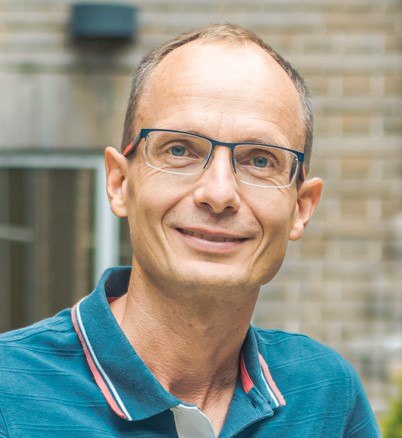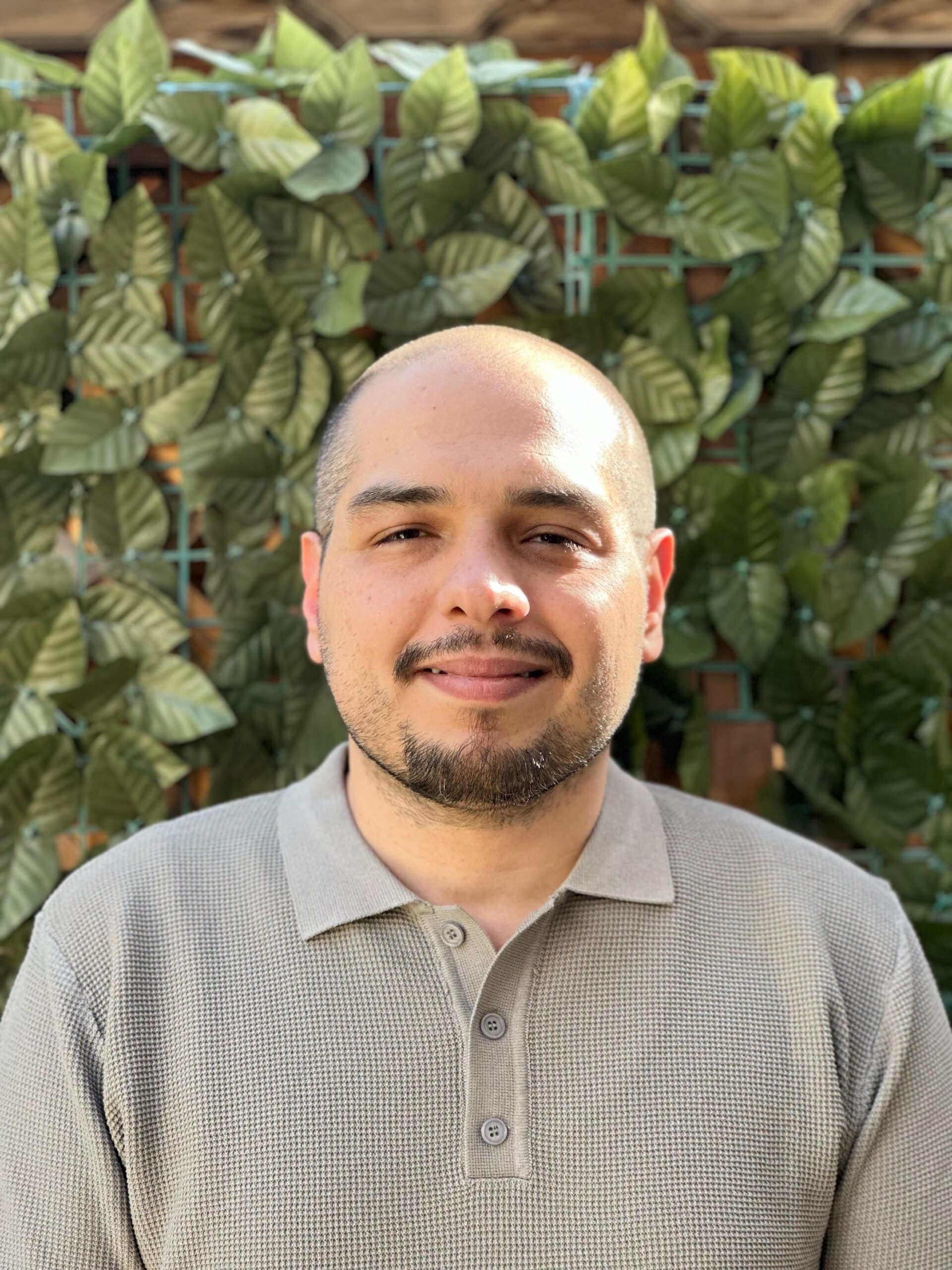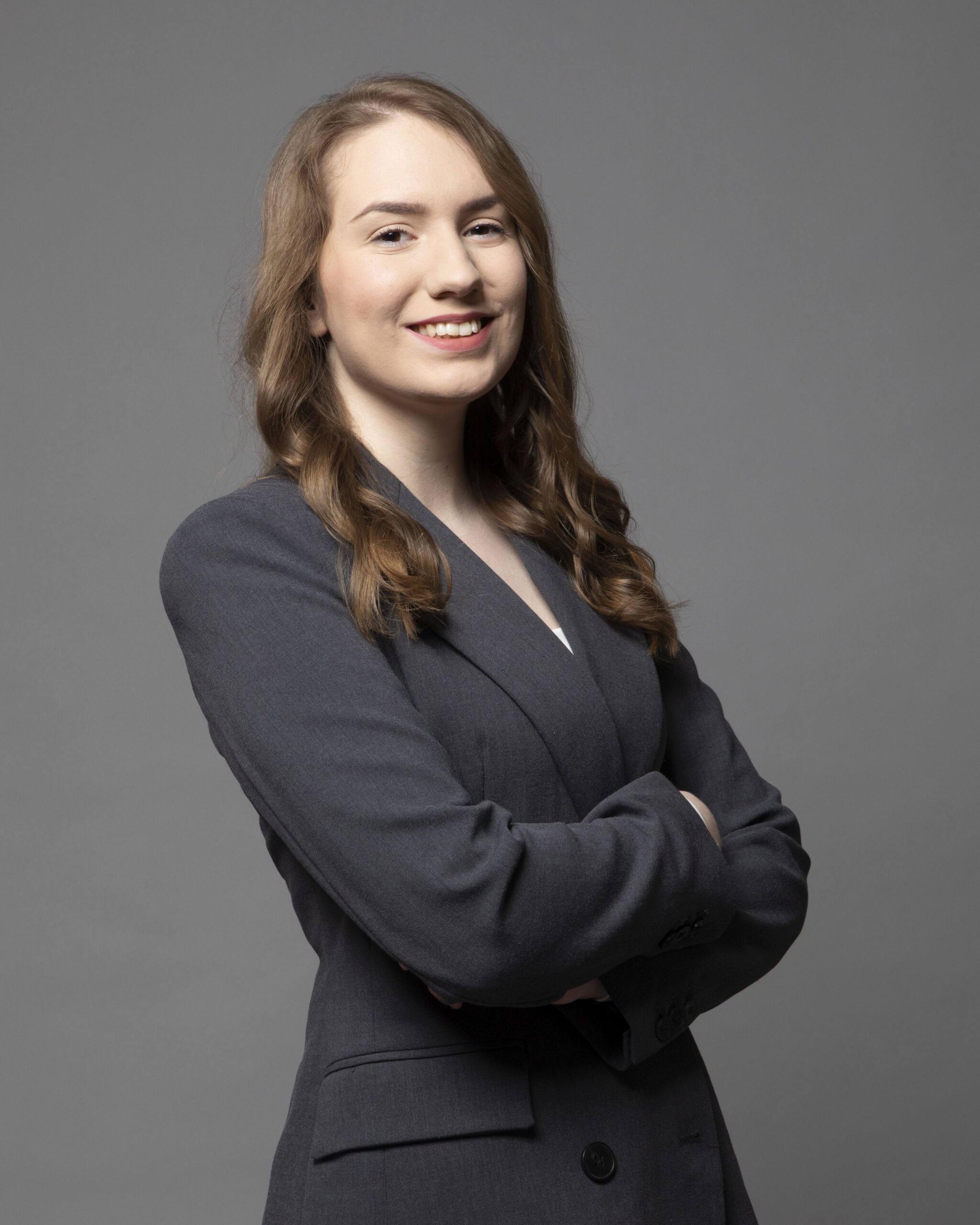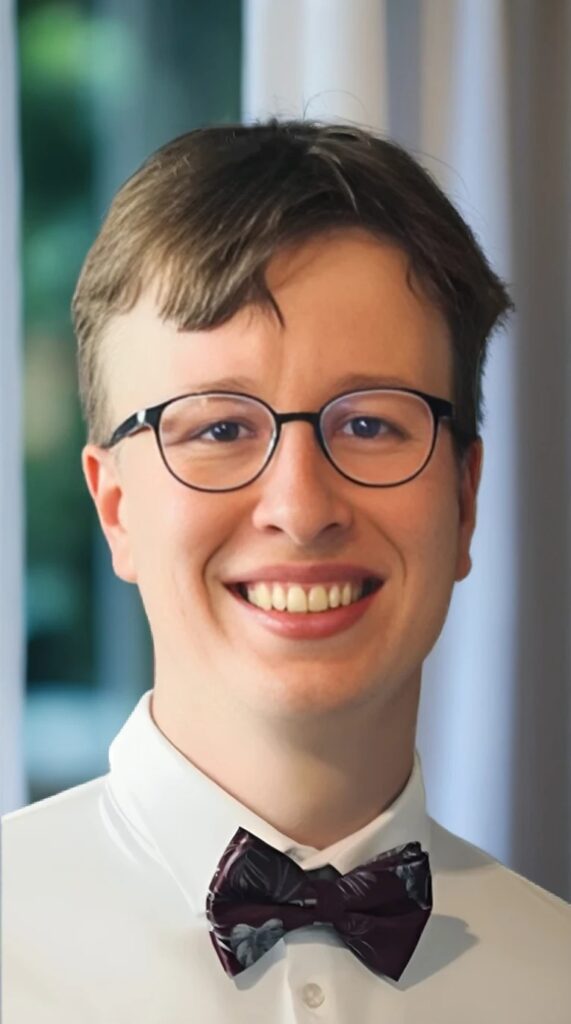Plenary Lectures:
- Morten Hovd (Norwegian University of Science and Technology, Norway): Integrator use and abuse
- Petr Havel (Optimwise, s.r.o., Czech Republic): Practical Experience with Application of Process Control in Industrial Plants
Semi-Plenary Lectures:
- Best Paper Award: Hazem Damiri (Graz University of Technology): Real Time Optimization of a Continuous Pharmaceutical Manufacturing Process Based on Hammerstein Models
- Best Paper by Female Researcher Award: Ana Martinović (University of Zagreb): Optimal Control of Hot Oil Preparation for Natural Gas Fractionationo be announced
- Best Paper by Young Author Award: Aleš Melichar (Slovak University of Technology in Bratislava):Autonomous Drone Control: A Neuroevolutionary Approach
Plenary Lecture I
Title: Integrator use and abuse
by Morten Hovd (Norwegian University of Science and Technology, Norway)
ABSTRACT: The use of integral action to achieve offset-free control at steady state is covered in most introductory courses to control. Still, there remains misconceptions concerning the proper use of integral action – at least when considering more complex control than the basic stand-alone single loop control. The talk will address a number of different situations in which integral action is used – and in which the presenter has encountered serious misunderstandings in interaction with industry or academia. The talk will address such misunderstandings, starting with cases only slightly more complex than single-loop control, via more complex control applications, to model predictive control.

Bio: Morten Hovd holds a BSc (Hons) in Natural Gas Engineering from the University of Salford (UK) and a Dr. Ing. (PhD) in Process Control from the University of Trondheim (now the Norwegian University of Science and Technology – NTNU). After a few years in industry, mainly in oil & gas and pulp & paper, Hovd took up his present position as professor of process control at the Department of Engineering Cybernetics at NTNU in 1998. Hovd has authored more than 150 papers and the textbook Advanced Chemical Process Control. Putting Theory into Practice (Wiley-VCH, 2023). His main scientific interests are in control structure design, control performance monitoring, optimization-based control (including MPC), and control applications.
Plenary Lecture II
Title: Practical Experience with Application of Process Control in Industrial Plants
by Petr Havel (Optimwise, s.r.o., Czech Republic)
ABSTRACT: The speaker would like to share his own experience with application of process control in industrial production sites, point out typical project phases and related pitfalls when implementing (advanced) control and optimization strategies, and emphasize which soft skills are necessary for successful completion of such a job besides knowledge of control and optimization theory.

Bio: Petr Havel received both MSc and PhD in Control Engineering and Robotics from the Czech Technical University in Prague. He began his career as a researcher at the Center for Applied Cybernetics and then followed his desire to apply process control and optimization in industry. After gaining valuable experience, he founded his own company, Optimwise, s.r.o., which now delivers smart and advanced solutions in automatic process control and optimization to customers in 13 countries. His main interests are process modelling using bond graphs, predictive control and production scheduling using mathematical optimization.
Semi-Plenary Lecture I
Title: Real Time Optimization of a Continuous Pharmaceutical Manufacturing Process Based on Hammerstein Models
by Hazem Damiri (Graz University of Technology, Austria)
ABSTRACT: In this work, system identification and real time optimization (RTO) techniques are applied to a continuous pharmaceutical manufacturing process. The paper investigates the application of the multi-model RTO approach on a continuous chemical synthesis process. Furthermore, a new framework based on Hammerstein models is developed for the considered process with three different strategies. The simulations indicate the success of the multi-model framework. Moreover, the advantageous performance of the new approach over the traditional optimization method is discussed in this paper.

Bio: Hazem Damiri is a mechatronics engineer with a master degree in mechanical engineering. He finished his bachelor degree with the first rank among his classmates. Now, he is a PhD student in Graz University of technology in Austria. He works in the field of process optimization at the Institute of Automation and Control. The focus of his research is real-time optimization of continuous manufacturing processes. He develops optimization frameworks for pharmaceutical manufacturing systems such as direct compaction and chemical synthesis processes. His objective is to enrich the field of process engineering with new optimization approaches that support and enhance the field.
Semi-Plenary Lecture II
Title: Optimal Control of Hot Oil Preparation for Natural Gas Fractionation
by Ana Martinović (University of Zagreb, Croatia)
Best Paper by Female Researcher Award
ABSTRACT: This paper introduces optimal control into the process of oil heating for natural gas fractionation. There are two sources of thermal energy for heating the oil, one of which is a free resource because it uses waste heat from the cogeneration process. With anticipation of the thermal loads related to gas fractionation one day in advance, it is possible to employ supervisory predictive control for minimisation of operative costs. The underlying optimization problem is solved using linear programming through which optimal references for the low-level circuits are obtained. The performed simulation tests show that the desired control effect is achieved, that is, a constant hot oil supply with the required amount and temperature while adhering to all technical limitations and with minimal operating costs.

Bio: Ana Martinović received her master’s degree in electrical engineering in 2022 from the University of Mostar, Faculty of Mechanical Engineering, Computing and Electrical Engineering. She is currently pursuing a Ph.D. at the University of Zagreb, Faculty of Electrical Engineering and Computing (UNIZG-FER), where she works as a Research Assistant. As a member of the Laboratory for Renewable Energy Systems (LARES), her research focuses on predictive control applications in industrial systems, with a particular emphasis on optimizing industrial wastewater treatment plants.
Semi-Plenary Lecture III
Title: Autonomous Drone Control: A Neuroevolutionary Approach
by Aleš Melichar (Slovak University of Technology in Bratislava, Slovakia)
Best Paper by Young Author Award
ABSTRACT: We address the design of control algorithms for autonomous flying drones through the optimization of neural networks using NeuroEvolution of Augmenting Topologies (NEAT). This approach is evaluated in comparison with the reinforcement learning algorithm Proximal Policy Optimization (PPO) to assess their respective performances in dynamic environments. The algorithms are implemented and tested in the Unity simulation environment. The effectiveness is assessed via two experiments: wind disturbance adaptation and goal-reaching. The comparative analysis highlights the strengths and limitations of NEAT and PPO, demonstrating the suitability of NEAT for dynamic and unpredictable conditions.

Bio: Aleš Melichar is a PhD student whose passion for merging machine learning with robotics fuels his research. Specializing in evolutionary algorithms and reinforcement learning, he devises innovative strategies to control and optimize dynamic systems—from agile drones and autonomous vehicles to dexterous robotic arms. By harnessing advanced simulation platforms like OpenAI Gym, Unity, and NVIDIA Isaac Sim, Aleš transforms theoretical models into intelligent systems poised to excel in real-world environments. He further refines his work by integrating deep learning techniques and sensor fusion—leveraging data from cameras, lidar, and other sensors to enhance system perception and adaptability in complex settings.